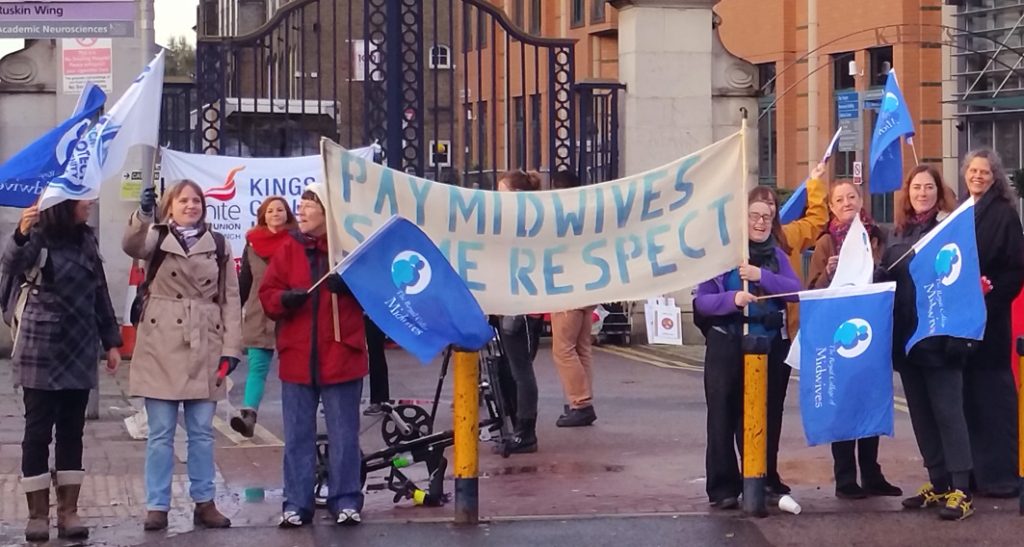HEALTHCARE assistants across the UK face are suffering from the NHS crisis of staffing levels.
The Unison union’s report, Red Alert – Unsafe Staffing Levels Rising, looked at staffing levels across the UK on 10 February this year. But further analysis has now zoomed in on the situation for healthcare assistants in particular.
As one respondent to the survey told us: ‘The one thing that is always absent from the debate about staffing levels is the healthcare assistants, who are always over looked, and should be enforced in staffing levels.
‘We always see a heavy work load demanded from healthcare assistants with a very high ratio – 1:20 sometimes – which at times seems impossible to do, and affects patients’ care very greatly.’
The key findings revealed that:
• half of all healthcare assistants were contracted to work 10 hours or more;
• on the day of the survey, one in five of all healthcare assistants worked more than their contracted hours, but only 11% of them would get paid for it;
• only half of healthcare assistants were able to take all their breaks during their shift;
• nearly four in 10 said there were elements of care that they could not provide because they didn’t have time;
• only 36% said they had enough time to spend with each patient – identical to the proportion of registered nursing staff;
• healthcare assistants were more likely than registered nursing staff to say they are not confident about raising a concern at work and nearly as likely as registered nursing staff to say that they had considered leaving their profession because staffing levels were so bad.
Nearly 90% of healthcare assistants back Unison’s campaign for legally enforceable nurse-to-patient ratios – together with the need to ensure adequate healthcare assistants staffing alongside that.
Most Healthcare assistants now feel starved of the time they need to properly care for each patient.
• New research shows politicians must reconsider tendering GP out-of-hours contracts to the commercial sector, says the British Medical Association.
Patients reported a poorer experience of care from out-of-hours commercial providers than from non-profit organisations according to a new study published in the BMJ.
Minority ethnic patients and those unable to take time away from work reported the worst experiences of care.
The researchers analysed GP patient survey data from 80,000 patients who had had contact with GP out-of-hours (OOH) services in the preceding six months, their experience of care, and the type of provider organisation.
Responding to the new research, Dr Richard Vautrey, BMA GP committee deputy chair, said: ‘There is evidence of a division in quality between OOH services that are developed from GP-led co-ops and those run by the private sector. The BMJ study chimes with the results of a recent BMA survey of over 15,500 GPs that found that only five per cent of GPs felt that contracts run by commercial providers were value for money and just eight per cent believed they delivered good quality care.
‘Those OOH services with roots in the NHS often retain their connection with local GPs who continue to work evenings and weekends, providing a strong line of continuity and connection with patients. GPs in these working arrangements often have a greater say in how services are delivered which takes into account the needs of the local community.
‘This positive environment does not always exist in contracts delivered by the commercial sector.
‘Politicians of all parties need to learn lessons from this growing body of research and move away from greater private sector involvement in the NHS.’
